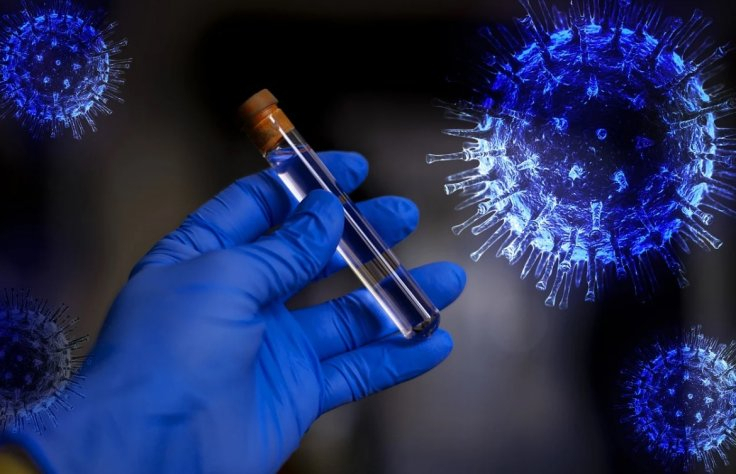A vaccine for the next pandemic can be ready within just 100 days or less of a new pathogen coming given the right planning and also investment, as per a senior member of the SAGE in the UK. The researchers around the world are currently struggling to prepare for what people are fearing can be a new pandemic era and believe the time for developing vaccines can get reduced, as per reports.
"The fact that the first Covid-19 vaccines are based on a new technology, RNA, is a real breakthrough", Sir Jeremy Farrar, who is the director of the Wellcome Trust and leading member of SAGE stated. "Technology advances mean it is likely we can move to a future with vaccine platforms agnostic to pathogens, but with a backbone of long-standing safety data. That can, therefore, change the 11 months that it's taken this time round to 100 days, or less. There is the possibility that within a month of a new threat emerging you could have vaccines available," he added.
Vaccines in the Future

The irony is that the first vaccine to work against the coronavirus was designed within weeks of the genetic sequence for the novel virus getting released by Professor Yong Zhen Zhang of the Shanghai Public Health Clinical Center and shared all over the world in January. Although those two vaccines, one made by Moderna and the other by Oxford University are now on the verge of getting distributed after nearly a year of testing. Scientists think similar vaccines can be released early enough to catch the first wave of future coronavirus outbreaks.
Time savings have been made with the coronavirus vaccines by running the three-phase trial process the latest medicine must go through in parallel. The study into the SARS virus after the 2003 outbreak also meant researchers had prior experience of targeting coronaviruses. Now researchers like Sir Jeremy and others think new innovations can again cut the development timeline by a factor of around ten.
The seasonal flu vaccine has few of these characteristics. Every year a new vaccine is made to take account of the 'genetic drift' of the virus. But it is derived from a process that has now been tested in advance and now to be safe. Professor Sarah Gilbert, who is the scientist behind the Oxford AstraZeneca coronavirus vaccine stated veterinary science can help us gain a "better understanding of what constitutes a protective immune response to different families of viruses".
"We are still trying to work out what type of immune response can protect against SARS-CoV-2, and at what level. However there is a vaccine against a bovine coronavirus and there are four seasonal human coronaviruses, so we could have worked this out before 2020", she stated as reported by The Telegraph.
Richart Hatchett, the chief executive of the Coalition for Epidemic Preparedness Innovations (CEPI), the organization whose previous investment from 2017 assisted speed the development of the coronavirus vaccines, stated a 100-day vaccine is 'not pie in the sky or fantasy'.
He informed The Telegraph that the total investment needed will be in the billions. "It's not just the science but also the political commitment, the need for new financing mechanisms, advances in regulatory science and preparedness, and the need for globally distributed manufacturing capability", Hatchett stated.







